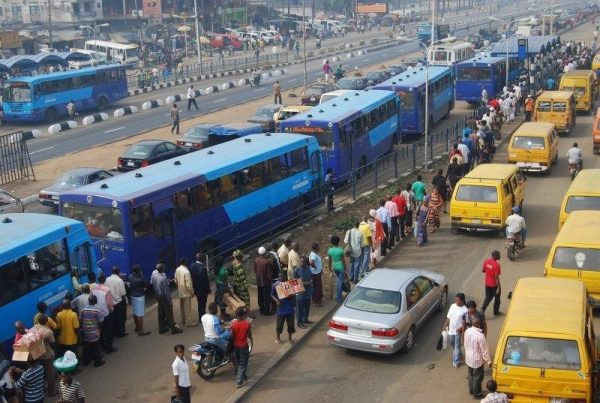Navigating public transportation in Nigeria can be both exciting and challenging. With a variety of options available, understanding how to use them effectively can help you get around easily and safely. This guide will provide you with practical tips on how to navigate public transportation in Nigeria.
Read more about Travel
Types of Public Transportation
Nigeria has several modes of public transportation, each with its unique features. The main types include:
- Buses
- Taxis
- Motorcycles (Okadas)
- Tricycles (Keke Napep)
- Ride-Hailing Services
- Trains
Buses

Buses are one of the most common forms of public transportation in Nigeria. They come in various sizes, from large buses that carry many passengers to smaller minibuses, often called “Danfo” or “Molue.”
Tips for Using Buses:
- Routes: Buses follow specific routes. It’s important to know the route number or destination before boarding.
- Stops: Buses stop at designated bus stops. If you’re unsure where to get off, ask the conductor or a fellow passenger for help.
- Fare: Have small change ready, as conductors might not have enough change for larger bills.
Taxis
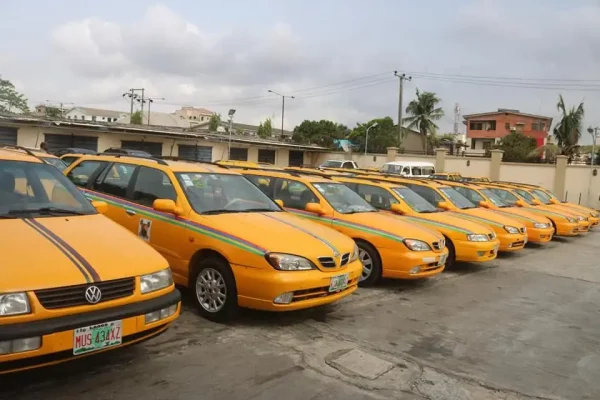
Taxis are widely available in Nigerian cities. They are either private taxis or shared taxis that operate on fixed routes.
Tips for Using Taxis:
- Private Taxis: These can be hailed on the street. Always agree on the fare before starting your journey.
- Shared Taxis: These operate like minibuses, picking up multiple passengers along a fixed route. They are cheaper but might be crowded.
- Safety: For safety, try to use reputable taxi services and avoid getting into unmarked or suspicious vehicles.
Motorcycles (Okadas)
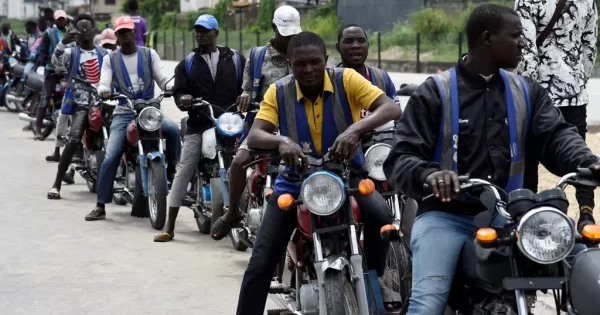
Okadas are motorcycle taxis that are popular for their speed and ability to navigate through traffic.
Tips for Using Okadas:
- Helmet: Always wear a helmet. Many Okada riders provide helmets for passengers.
- Bargain: Negotiate the fare before getting on. Fares can vary depending on the distance and traffic conditions.
- Safety: Okadas can be risky due to their high speeds and weaving through traffic. Use them with caution, especially in busy areas.
Sign up for the Connect Nigeria daily newsletter
Tricycles (Keke Napep)
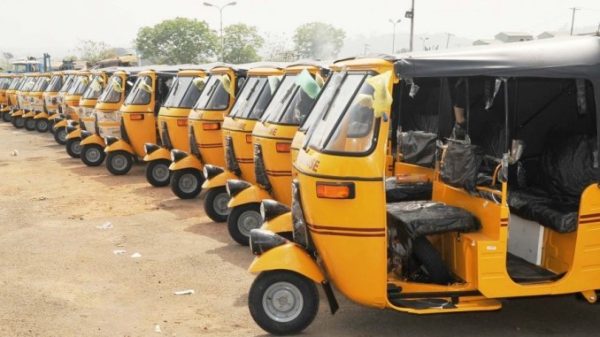
Keke Napep, also known as tricycles, are three-wheeled vehicles that are common in many Nigerian cities. They are slower than Okadas but safer.
Tips for Using Tricycles:
- Routes: Tricycles usually operate on specific routes. Ask the driver if they go to your destination.
- Fare: Fares are generally low, but it’s still a good idea to confirm the price before starting your journey.
- Comfort: They can be more comfortable than motorcycles, especially for short distances.
Ride-Hailing Services
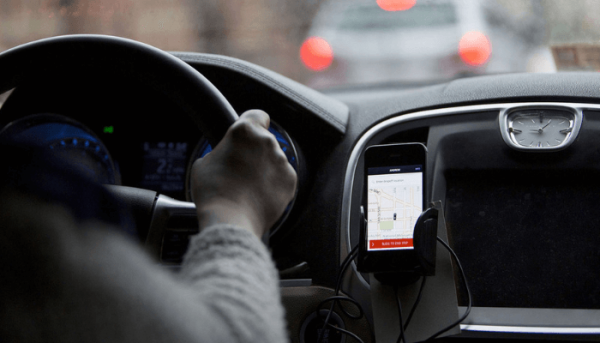
Ride-hailing apps like Uber and Bolt are available in major Nigerian cities. These services offer a convenient and often safer alternative to traditional taxis.
Tips for Using Ride-Hailing Services:
- App: Download the app on your smartphone and set up your account before you need a ride.
- Location: Make sure your pickup location is accurate on the app.
- Fare: The fare is calculated by the app, so there’s no need to negotiate.
- Safety: Ride-hailing services typically offer safer rides, as drivers are registered and tracked by the company.
Trains
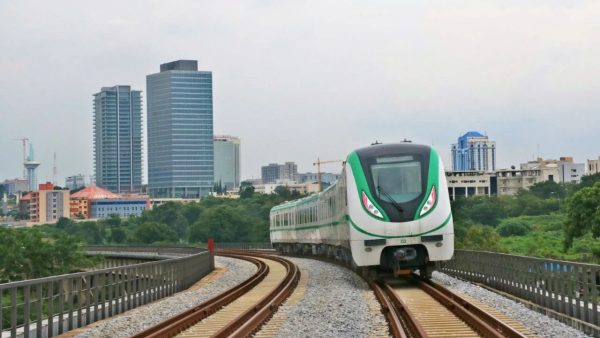
Nigeria’s train network is not as extensive as in some other countries, but it is developing. Trains are a viable option for long-distance travel between major cities like Lagos and Ibadan.
Tips for Using Trains:
- Schedule: Check the train schedule in advance. Trains might not run as frequently as other forms of transportation.
- Tickets: Buy your ticket ahead of time, either online or at the station.
- Comfort: Trains can be more comfortable for long journeys and provide a scenic view of the countryside.
General Tips for Navigating Public Transportation in Nigeria
- Plan Ahead: Know your route and the type of transportation you’ll use. This can save you time and reduce stress.
- Ask for Help: Don’t hesitate to ask locals for directions or advice. Nigerians are generally friendly and willing to help.
- Stay Alert: Keep an eye on your belongings at all times. Petty theft can occur, especially in crowded areas.
- Have Change: Carry small denominations of money to pay for fares. This can make transactions smoother and quicker.
- Be Patient: Traffic in Nigerian cities can be heavy, leading to delays. Allow extra time for your journeys.
Register to attend the CN Business Mixer
Final Thoughts
Navigating public transportation in Nigeria might seem daunting at first, but with these tips, you can travel with confidence and ease. Whether you’re taking a bus, hailing a taxi, or riding an Okada, knowing what to expect and how to prepare can make your experience much more enjoyable.
Got a suggestion? Contact us: [email protected]


